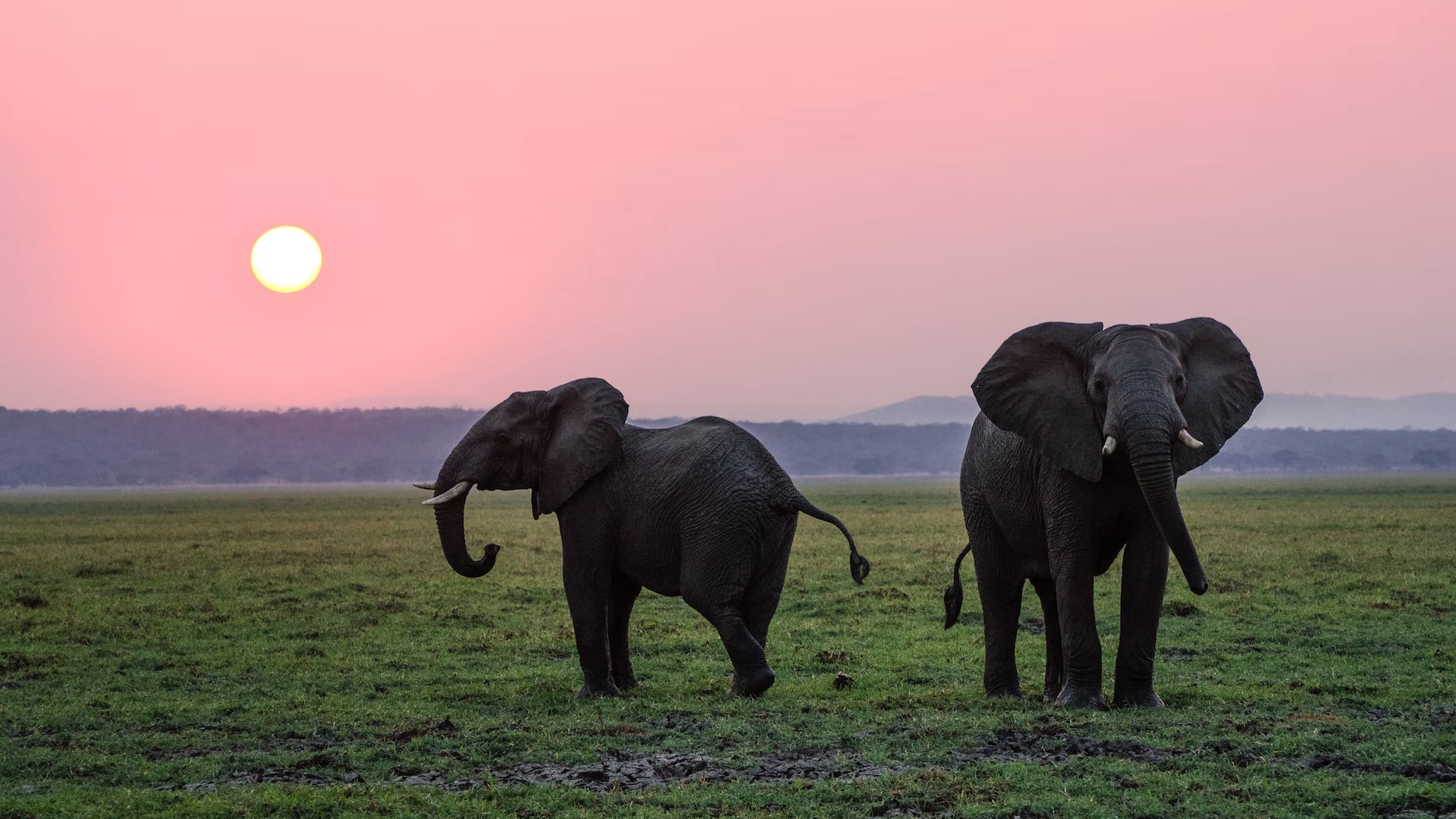Netflix’s latest nature documentary follows the story of Raghu, an elephant in India. It highlights problems within our conservation efforts and the important of nurturing our natural world.
Each time we visit my maternal grandparent’s house in Talcher, we pass through the districts of Dhenkanal, down the road that connects the district of Cuttack to the district of Angul in Odisha.
Passing through, amongst the many visits that we do yearly, we once witnessed large land mammals crossing a national highway. They were elephants; gigantic, magnificently intelligent creatures considered holy according to Hindu mythology and Buddhist tales.
The next day on television we saw multiple reports of elephant deaths.
These included an electric mishap, one stuck inside a gorge, dying slowly and struggling to survive, another murdered for its tusks, and one killed as a result of land dispute between forceful settlers.
Netflix’s latest documentary, The Elephant Whisperers, is an ode to these magnanimous animals and the destruction they face. It is the story of an elephant and its caretakers, an exploration of any two beings who choose to co-exist within a world where climate action and conservation is not prioritised.
The film takes place inside the Mudumalai Tiger Reserve, located in the Nilgiris District of Tamil Nadu and spread over the tri-junction of three states, Karnataka, Kerala, and Tamil Nadu. The Nilgiris Biosphere Reserve, the first in India, is situated here.
Inside this nature reserve is the oldest elephant camp in Asia, Theppakadu Elephant camp, established around 100 years ago. Located on the banks of the river Moyar, this camp is the perfect example of human nature co-existence.
The film’s narrative features Bomman and Bellie, a middle-aged couple of elephant caretakers heralding a generation of indigenous tribes called the Kattunayakan. They coexist with wildness — wild animals, wild plants, wild insects — and everything it brings with it.
For them, elephants are their gods, and the forest is their mother. This is the story of Raghu, an abandoned elephant who was displaced from its herd as a baby and was then saved from almost certain death by the immense care of Bomman. It was soon joined by the motherly care of Bellie.
As you watch Raghu grow, the conservational history of India unfolds.
India launched the JFM (Joint Forest Management) program in the 1980s to work closely with local communities, protecting and managing forests. These efforts have since fallen out of place, with little care given to individuals nurturing local ecosystems.
The Elephant Whisperers proves how integral indigenous communities and their existence inside forestlands are to biodiversity conservation. A line that stayed with me from the programme is, ‘we take what is necessary from the forest and never more. There is no greed here.’
Watching The Elephant Whisperers breaks apart what it means to look at biodiversity conservation.
The film encourages audiences to question how they define a ‘familial bond’, spending considerable time exhibiting the connection between Bomman, Bellie, Raghu, and Ammu.
‘Everyone now calls me the mother of elephants and that makes me proud,’ she says. ‘Everything about him is like a human, except that he cannot talk.’
It made me reflect on how easily we view biodiversity as a separate entity, as something that is never an intrinsic part of us.
Exceptionally happy and proud that “The Elephant Whisperers” got shortlisted in Oscar nominations – Thank you @earthspectrum for showcasing the deep rooted culture, love and biodiversity in Nilgri’s district – we will continue to preserve and protect families like Raghu
pic.twitter.com/HMskaMvVLX
— A RAJA (@dmk_raja) December 25, 2022












 who changed the lives of his foster parents forever. The Elephant Whisperers arrives December 8th.
who changed the lives of his foster parents forever. The Elephant Whisperers arrives December 8th. 







